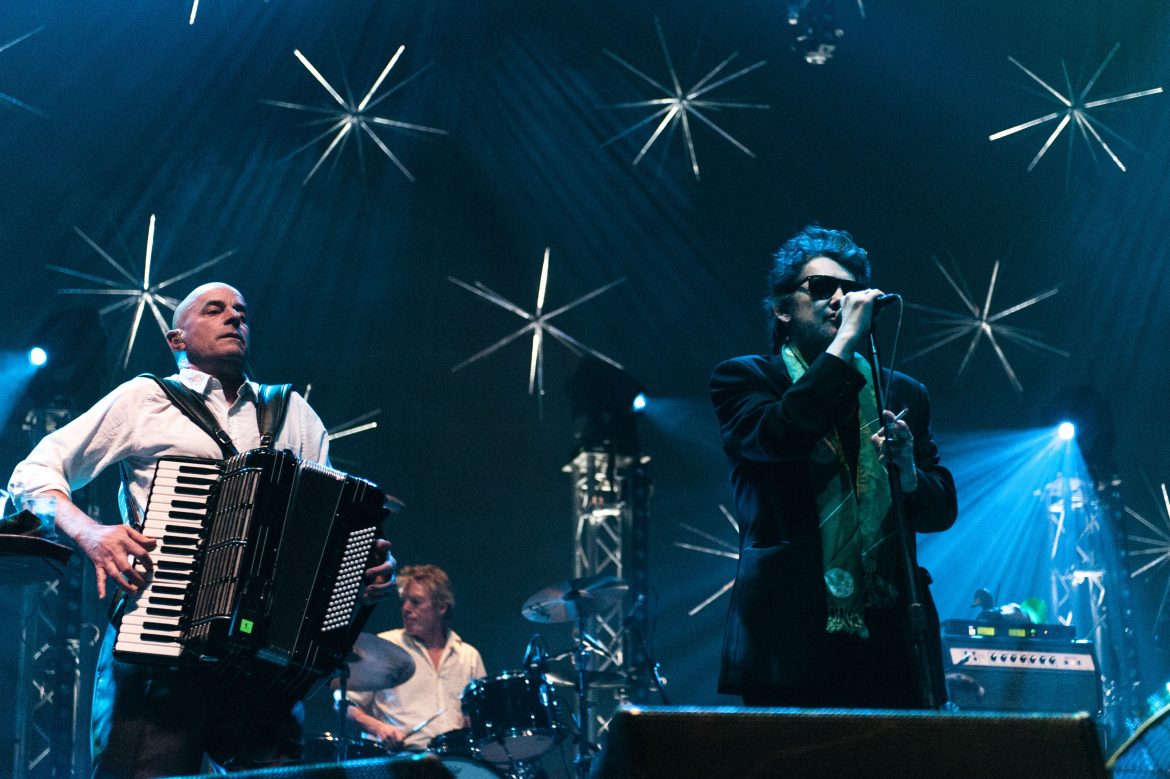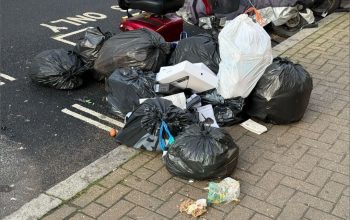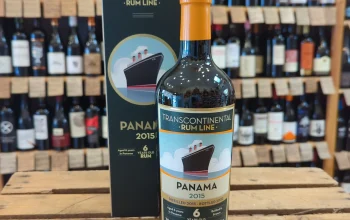Britain has many traditions around Christmas. Turkey and pigs in blankets for dinner, the John Lewis advert and having a drink before midday on Christmas Day are all things synonymous with this time of year.
Having a public debate over whether the use of a homophobic slur should be censored in the beloved Christmas song Fairytale of New York by The Pogues and Kirsty MacColl is quickly becoming another of those Christmas traditions.
The debate over the song’s use of the offensive word “faggot” reared its ugly head once again on Thursday, November 19, when BBC Radio One announced that it would not be playing the original version this year.
A BBC spokesman said: “We know the song is considered a Christmas classic and we will continue to play it this year, with our radio stations choosing the version of the song most relevant for their audience.”
Naturally, this caused a lot of heated debate over whether the word, should be censored, but in reality, it is a moot point.
The biggest issue here is how badly some people want to defend their right to sing a homophobic slur.
In the grand scheme of things removing one line doesn’t take away from anyone’s enjoyment of the song and therefore it should not really be such a hot debate.
BBC inconsistency
It is important to get to the bottom of what the BBC is actually doing with the song.
It has announced that it will be playing an alternative version on Radio One but Radio Two will still be playing the original version. On Radio Six Music it will be up to each individual presenter to decide which version they play.
The first thing to note is the fact that the song is not being banned but rather changed. In the alternative version, instead of the line including the homophobic slur, MacColl sings, “you’re cheap and you’re haggard”.
The second thing to note is the inconsistency. How can the BBC decide that it is ok for the word to be broadcast on Radio Two but not Radio One?
It is a well-known fact that the audience of Radio One listeners skews younger and the Radio Two audience is older so there is a clear divide.
It seems that rather than doing what it believes is right, the BBC is choosing to do whatever will annoy the least amount of people.
Radio One even said that it was using the alternative version as “younger listeners are particularly sensitive to derogatory terms for gender and sexuality”.
The wording of this statement is poor, implying that being sensitive to sexist and homophobic slurs is a bad thing or that older generations are more bigoted.
This is not the first time the BBC has tried to censor the song. In 2007, Radio One chose to censor the song but went back on that decision after receiving backlash.
It seems like, as happens so often with the BBC, it has tried to appease all parties to try and cause less trouble but has actually ended up causing more.
Is the problem really about the word itself?
Away from the BBC’s decision, it is important to address the actual issue and why many people saying the song should not be censored are actually a problem in themselves.
The word itself is obviously not ok but many will say that in the context of the song, it is.
Take a quick look on Twitter. and you will find many people who identify as LGBTQ+ saying they do not have a problem with the song.
Lead singer of The Pogues, Shane MacGowan, defended the use of the word in 2018. “The word was used by the character because it fitted with the way she would speak and with her character. She is not supposed to be a nice person or even a wholesome person,” he said.
“She is a woman of a certain generation at a certain time in history, and she is down on her luck and desperate. Her dialogue is as accurate as I could make it, but she is not intended to offend,” MacGowan said.
However, the issue in this debate is how vehemently some people want to defend their right to say the slur.
Naturally, free speech is something that should always be upheld, but should people have a right to say a slur that could potentially offend those around them just because it is in a song?
Let us not forget that the homophobic slur is not the only lyric that is changed in the alternative version. The sexist term “slut” is also censored in this version, but there seems to be little debate around the use of this word.
It seems that many of the people criticising the BBC’s decision do not really care about upholding free speech but instead just want an excuse to say a word they know they should not.
Being inclusive is easy
In the end, it should not really matter whether the word was intended to offend or not or whether people think it is their right to be able to say it.
The fact of the matter is that it could offend. It can’t be a very pleasant experience for a member of the LGBTQ+ community to hear a pub full of people sing it at the top of their lungs in the name of Christmas cheer.
Moreover, the removal of one line in the song does not ruin it. Fairytale of New York will always remain one of the best Christmas songs with or without the slur.
Most importantly though, kindness is free. If we can avoid potentially offending someone by changing a few lines in a song, then it seems like a small price to pay for a more inclusive society.





